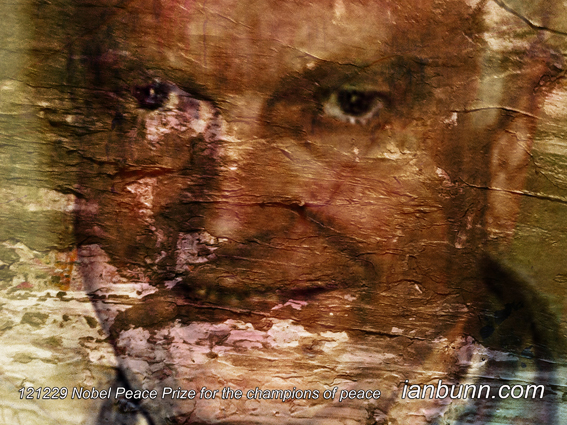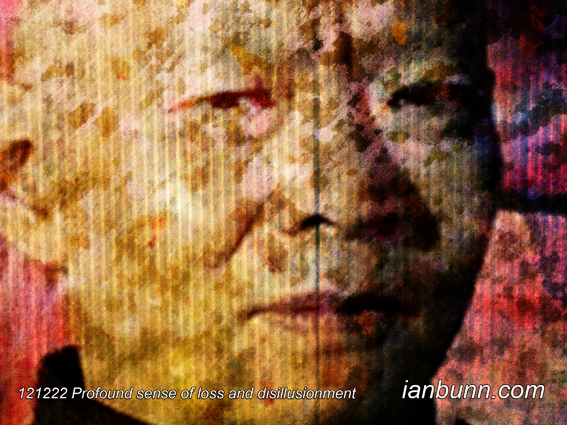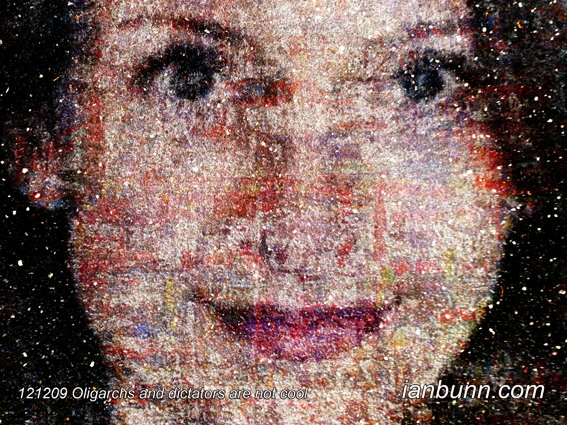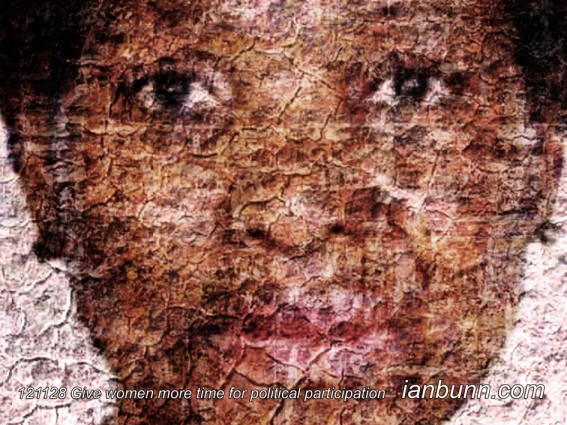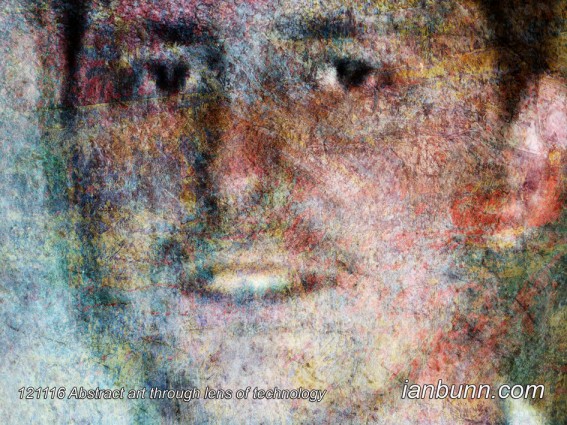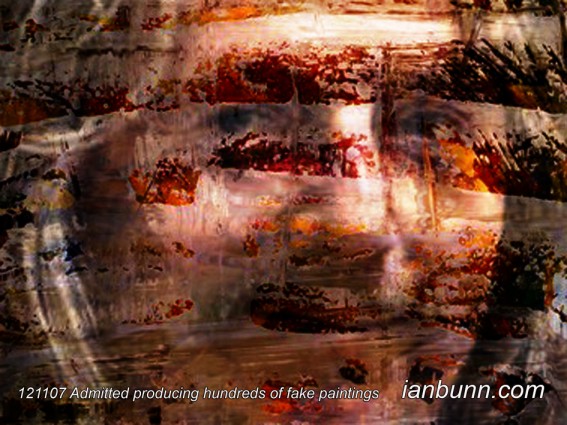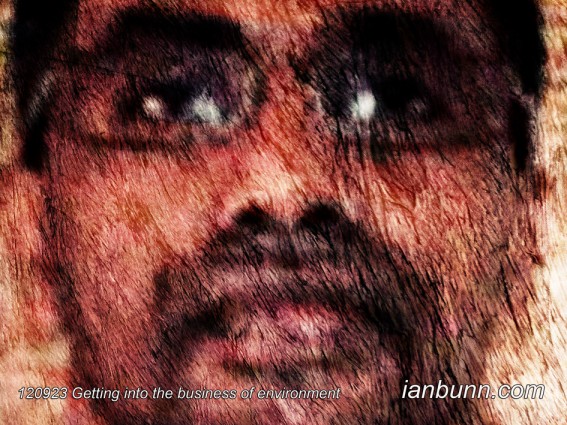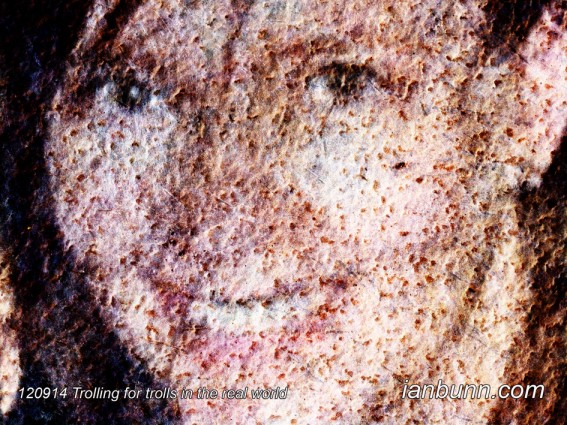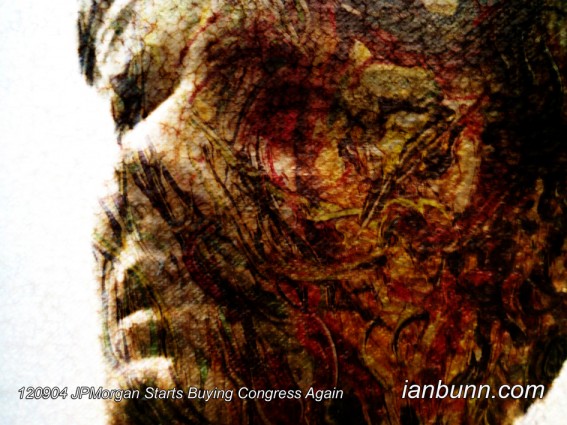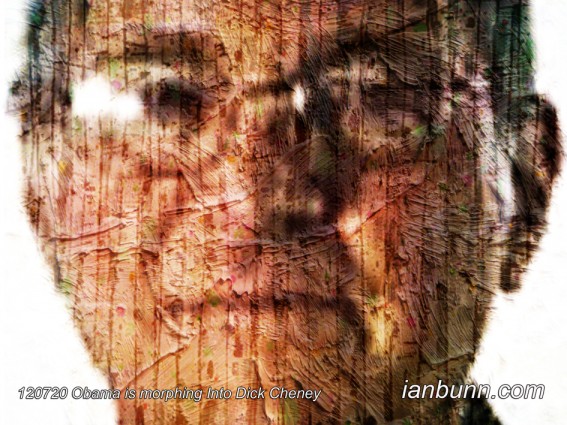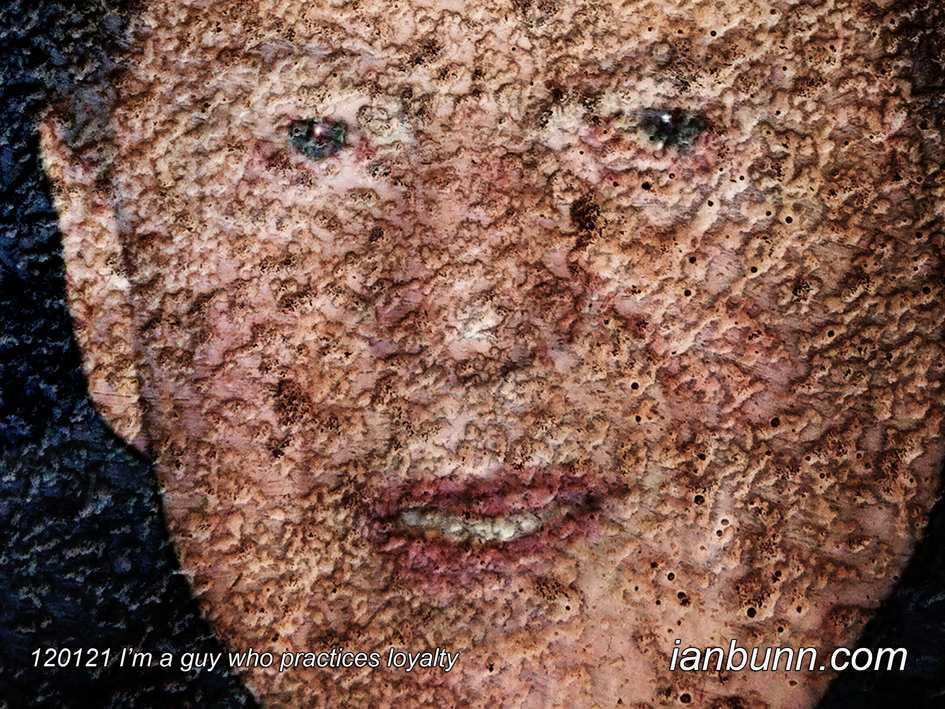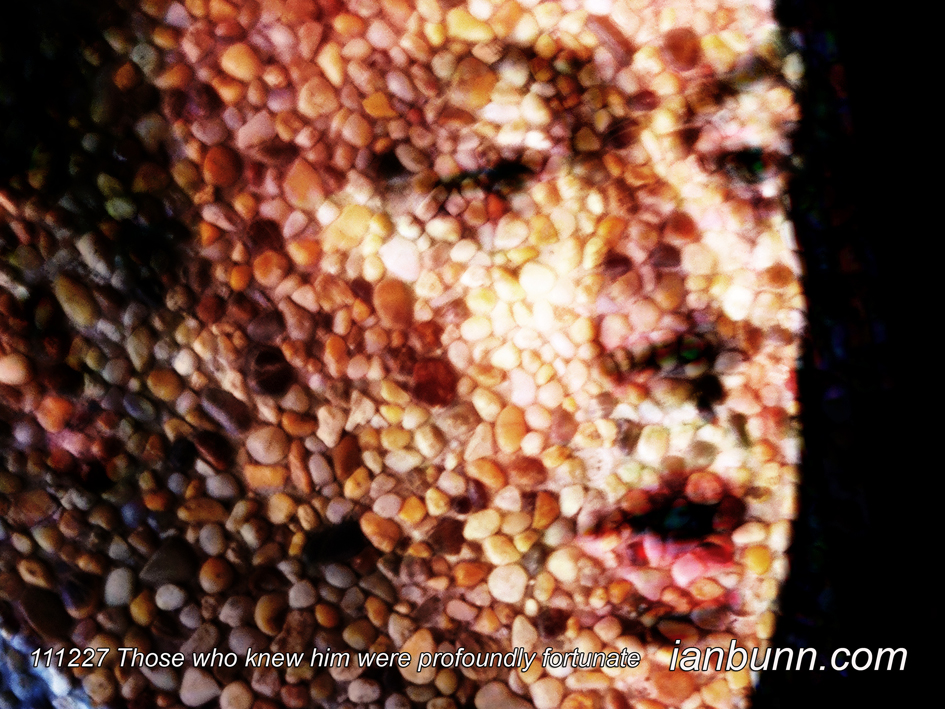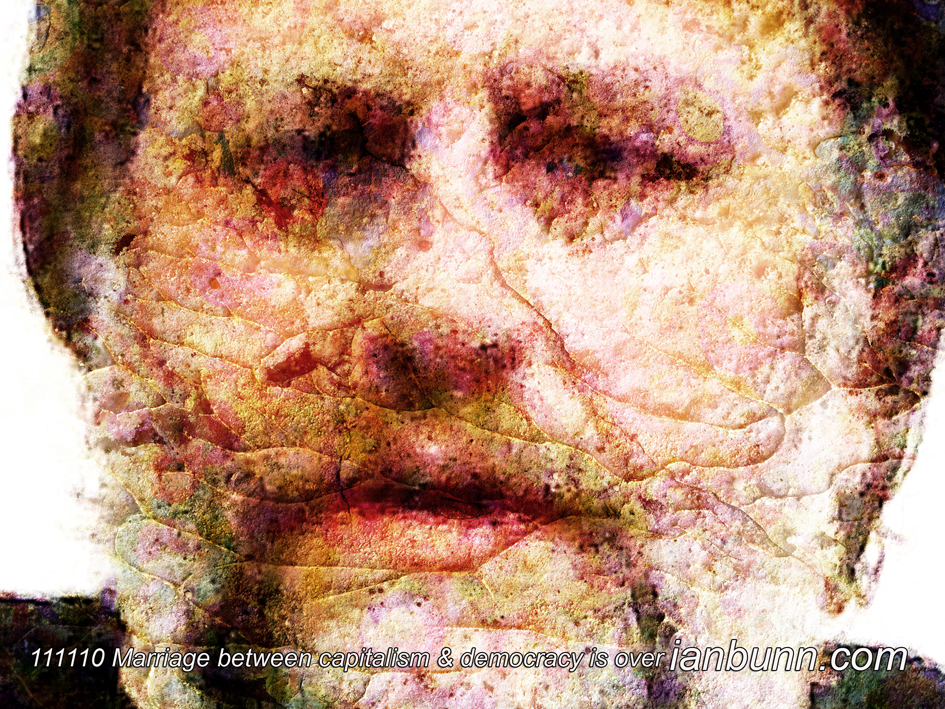 Feigned friendship and ill-disguised mistrust (July 16th 2012)
Feigned friendship and ill-disguised mistrust (July 16th 2012)
Andrew J. Bacevich the 65 year old American Professor of International Relations and retired career officer in the US Army has published an article in the LA Times titled ‘Divorcing Pakistan’ which contends the interests of Washington and Islamabad do not align, and neither do their preferred forms of paranoia. Bacevich states “The history of U.S.-Pakistani relations is one of wild swings between feigned friendship and ill-disguised mistrust. When the United States needs Pakistan, Washington showers Islamabad with money, weapons and expressions of high esteem. Once the need wanes, the gratuities cease, often with brutal abruptness. Instead of largesse, Pakistan gets lectures, with the instruction seldom well received. …But seldom has a marriage of convenience produced greater inconvenience and consternation for the parties involved. Simply put, U.S. and Pakistani interests do not align. Worse, neither do our preferred forms of paranoia. Pakistanis don’t worry about Islamists taking over the world. Americans are untroubled by the prospect of India emerging as a power of the first rank. The United States stayed in this unhappy marriage for the last decade in large part because Pakistan provided the transit route for supplies sustaining NATO’s ongoing war in landlocked Afghanistan. … A recently negotiated agreement with several former-Soviet Central Asian republics creates alternatives, removing Pakistan’s grip on NATO’s logistical windpipe. …As with most divorces, the proceedings promise to be ugly. Already, the U.S. is escalating its campaign of missile attacks against “militants” on Pakistani soil. U.S. officials dismiss complaints that this infringes on Pakistan’s national sovereignty.”
Inspired by LA Times ow.ly/cbDec image source Facebook ow.ly/cbDbG

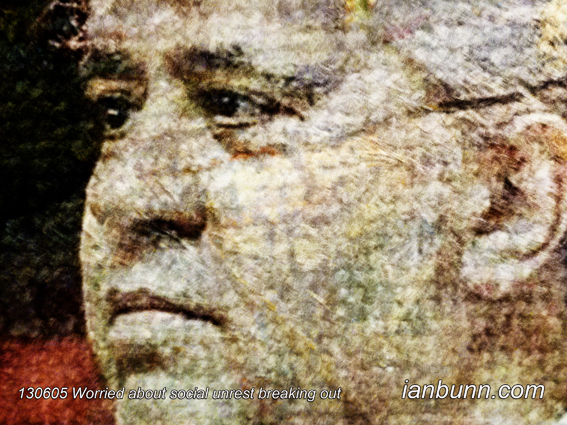
![Jeremy Scahill the 38 year old American National Security Correspondent for The Nation magazine and author of the international bestseller Blackwater: The Rise of the World’s Most Powerful Mercenary Army, has published an article in The Nation titled ‘Inside America's Dirty Wars’. Scahill states “…Abdulrahman al-Awlaki, the oldest son of Anwar al-Awlaki, was born in Denver. Like his father, he spent the first seven years of his life in the United States, attending American schools. After he moved to Yemen with his family, his grandparents—Anwar’s mother and father—played a major role in his upbringing, particularly after Anwar went underground. Anwar “always thought that it is best for Abdulrahman to be with me,” Anwar’s father, Nasser al-Awlaki, told me. Anwar believed that his wife and children “should not be involved at all in his problems.” …Abdulrahman was not his father; he loved hip-hop music and Facebook and hanging out with his friends. They would take pictures of themselves posing as rappers, and when the Yemeni revolution began, Abdulrahman wanted to be a part of it. As massive protests shook Yemen, he would spend hours hanging out in Change Square with the young, nonviolent revolutionaries, sharing his vision for the future and, at times, just goofing off with friends. …As Abdulrahman mourned [his father’s assassination], the boy’s family members in Shabwah tried to comfort him and encouraged him to get out with his cousins …and joined a group of friends outdoors to barbecue. There were a few other people doing the same nearby. It was about 9 pm when the drones pierced the night sky. Moments later, Abdulrahman was dead. So, too, were several other teenage members of his family, including Abdulrahman’s 17-year-old cousin Ahmed. …The Obama administration would fight passionately to keep answers secret, invoking the “state secrets” privilege repeatedly …The consensus that has emerged from various anonymous officials commenting on Abdulrahman’s killing was that it was a mistake.” Inspired by Jeremy Scahill, The Nation ow.ly/kuEpP Image source Terri M Venesio ow.ly/kuEoO](http://www.ianbunn.com/wp-content/uploads/2013/05/130521dcU60.jpg)
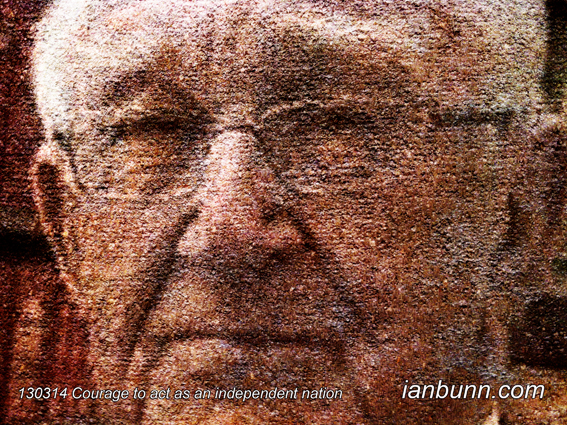

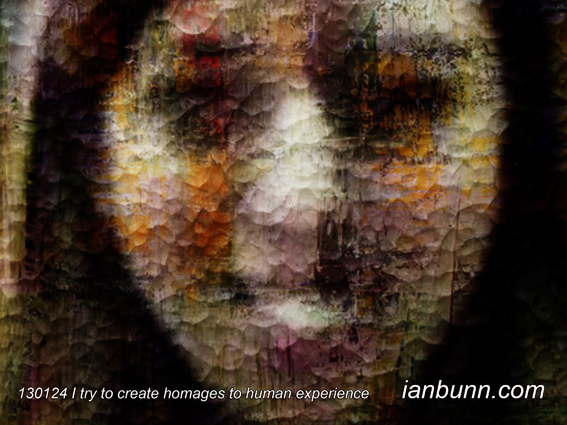
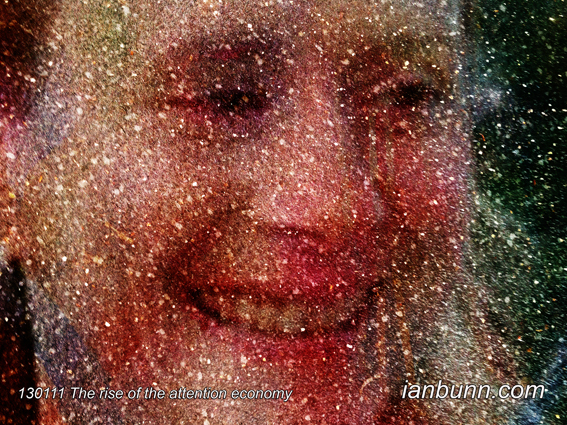
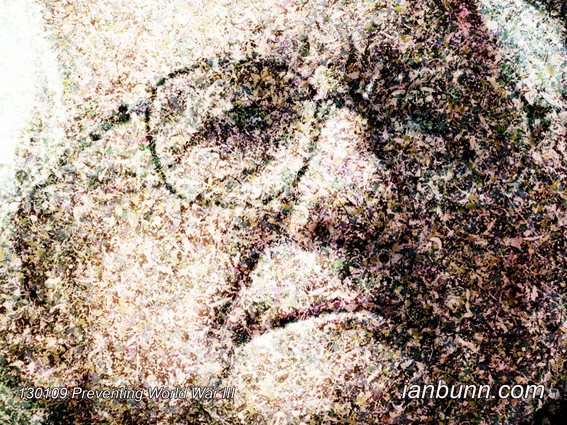
![Busani Bafana the Zimbabwean Journalist and founding member / coordinator of the Network on Environment & Agriculture Reporting, a media network in Zimbabwe that seeks to promote coverage of agriculture and science issues by journalists, has published an article on the Inter Press Service titled ‘Farmers Need to Grow Climate Smart’. Bafana states “Farmers cannot wait much longer for negotiators to reach an agreement on including a work programme on agriculture in the United Nations Framework Convention on Climate Change. And until one is approved, “it will continue to be difficult for farmers to produce the food needed, and at the same time reduce greenhouse gas emissions.” [states] Anette Friis from the Danish Food and Agriculture Council and spokesperson for Farming First, a global coalition calling on world leaders to increase agricultural output in a sustainable and socially responsible manner. “Countries failed to get an agreement on agriculture at this year’s (Conference of the Parties) COP18 in Doha, which means that discussions will not move to the next level and a work programme on agriculture is not foreseen for the near future.” “Progress has been excruciatingly slow,” [states] Bruce Campbell programme director [CCAFS] Climate Change Agriculture and Food Security . “One sentence in Durban in the final agreement. Then a few non-committal sentences at SBSTA in June. This mirrors the UNFCCC negotiations generally. What can one say, but that we are on target for a four-degree warmer world, which is likely to reduce growing seasons over much of sub-Saharan Africa by more than 20 percent.” According to CCAFS, agriculture and land use change, mostly from deforestation, contribute an estimated one-third of total greenhouse gas emissions. However, an improvement to crop yields since 1960 has already reduced agricultural emissions by 34 percent. Arguing that farmers around the world are experiencing the impacts of climate change daily, Farming First says the agriculture sector could play an important role in both climate change adaptation and mitigation. …Climate-smart agriculture includes conservation agriculture, crop rotation, agro-forestry, better weather forecasting and integrated crop-livestock management. It is aimed at environmentally-friendly increases in food production, which thereby reduce the emissions produced from agriculture.” Inspired by Inter Press Service ow.ly/gpPYR image source Linkedin ow.ly/gpPYa](http://www.ianbunn.com/wp-content/uploads/2013/01/130105dcU60.jpg)
